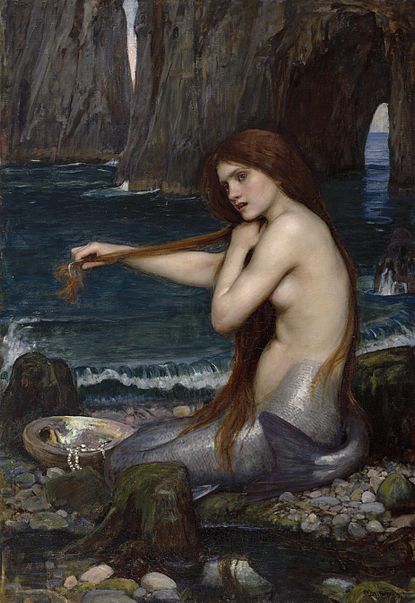A warning for atheists and agnostics interested in the question of design …
 You might have a hard time explaining your interest to “new atheist” Sam Harris. Having just received a courtesy hard cover copy of his The Moral Landscape: How Science Can Determine Human Values (Free Press, 2010), I looked at the index and noted that the reader seeking information about intelligent design theory is referred to: Creationist “science.” Harris may well have written the index himself (?).
You might have a hard time explaining your interest to “new atheist” Sam Harris. Having just received a courtesy hard cover copy of his The Moral Landscape: How Science Can Determine Human Values (Free Press, 2010), I looked at the index and noted that the reader seeking information about intelligent design theory is referred to: Creationist “science.” Harris may well have written the index himself (?).
Well, following the page references, on p. 34, in the midst of a discussion of why it is wrong to think there is moral equivalence between typical human views of murder and Jeffrey Dahmer’s*, we read, Read More ›


